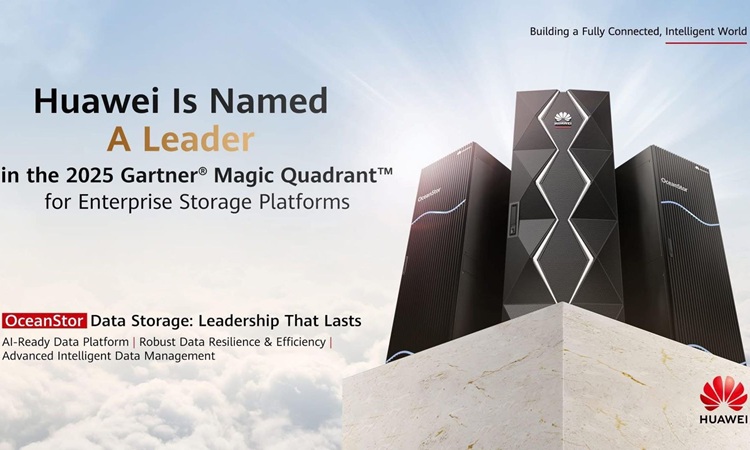Beyond Checklists: Cultivating Mindful QA For Future-Ready Software Quality
23rd July 2025, Kathmandu
In today’s rapidly evolving technological landscape, adaptability is no longer a luxury but a necessity, especially within the realm of Quality Assurance (QA).
Beyond Checklists Cultivating Mindful
Once seen as merely the final gatekeeper before product release, QA has transformed into a vital, strategic function, bridging engineering, product development, and user experience.
With the advent of automation, AI-driven tooling, DevOps, and Agile methodologies, the expectations for QA professionals have significantly expanded. The role transcends simple defect identification; it’s now about proactively shaping the overall quality and reliability of a product from its initial stages. This evolution represents a profound shift – not just from manual to automated testing, but from manual to mindful QA.
What Does “Mindful QA” Truly Mean?
Mindful QA signifies integrating curiosity, critical thinking, and system-level awareness into every phase of the development process. It’s about being proactive, not reactive, and strategic, not just operational. This approach goes far beyond mere test execution, encompassing:
Understanding the End-User Experience: Deeply comprehending how users will interact with and perceive the product.
Early Risk Identification: Pinpointing potential issues and risks even before a single line of code is written.
Holistic Thinking: Adopting the perspectives of a product owner, developer, and end-user simultaneously.
Continuous Questioning: Constantly evaluating “What does quality mean here?” for each specific context.
It’s no longer sufficient to simply follow test cases. Future-ready QA engineers are characterized by their curiosity, context-driven approach, and outcome-focused mindset.
Automation as a Tool, Not the Goal
While automation is undoubtedly crucial, its implementation must be purposeful. Mindful QA engineers discern when, what, and most importantly, why to automate. Key questions to consider before automating include:
Is this test repeatable, and does its value justify the maintenance cost?
Can automation effectively complement exploratory testing rather than replacing it?
Will it provide fast, actionable feedback within the development pipeline?
True future-ready testers don’t just learn automation tools; they design intelligent, maintainable test systems that seamlessly integrate with the team’s workflow.
AI: A Booster, Not a Replacement for Human Ingenuity
The integration of Artificial Intelligence (AI) into QA presents immense opportunities. Modern AI tools can:
Generate test data and test cases directly from user stories.
Analyze complex logs and identify flaky tests.
Suggest automation code and optimize locators for efficiency.
Perform visual comparisons and accessibility audits.
Instead of fearing AI, future-ready QA professionals leverage it mindfully to amplify their impact and elevate the quality assurance process.
Collaboration: The Core Skill in Modern QA
As integral members of the development team, QA engineers are now deeply involved in sprint planning, code reviews, story grooming, and even customer feedback loops. Their ability to collaborate effectively across various roles and communicate precisely is what makes them invaluable. Mindful collaboration involves:
Providing developers with fast, precise, and actionable feedback.
Helping Product Managers understand critical risk trade-offs.
Championing quality advocacy from the very inception of a project (“day zero”).
Curiosity Over Comfort: The Mindset of a Mindful QA Engineer
Mindful QA engineers are perpetual learners, driven by curiosity rather than complacency. They constantly ask probing questions like:
“What happens if it fails?”
“What else could potentially go wrong?”
“Is there a more effective way to test this?”
“How does this feature perform under high load?”
They delve beyond routine JIRA tickets, exploring API documentation, scrutinizing architecture diagrams, and engaging directly with users whenever possible to gain deeper insights.
The Future-Ready QA Toolkit
To excel in this evolved landscape, a comprehensive toolkit is essential:
Technical Skills:
Test Automation Frameworks: Proficiency with tools like Cypress, Playwright, or Selenium.
Version Control & CI/CD: Experience with Git, GitHub Actions, or team-specific CI/CD platforms.
API Testing: Competence with tools such as Postman, Rest Assured, or Insomnia.
Monitoring & Management: Familiarity with SQL, logging tools (Datadog, Kibana), and containerization (Docker).
Soft Skills:
Storytelling with Bugs: Crafting actionable and impactful bug reports.
Feedback Management: Skill in giving and receiving constructive feedback.
Effective Questioning: Asking insightful and impactful questions.
Time Management: Efficiently managing tasks across sprints and time zones.
Mindset:
User Empathy: A deep understanding and consideration for the end-user’s experience.
System Curiosity: An innate desire to understand the entire system’s workings.
Passion for Quality: A genuine drive to ship superior software.
Final Thoughts: Quality is a Mindset, Not a Phase
The era where QA was relegated to the tail end of the release cycle is over. As development teams accelerate and products grow in complexity, the role of QA has become more critical and exciting than ever before. The future of quality assurance isn’t solely about embracing AI and automation; it’s about being fully present, proactive, and passionately committed to assuring uncompromised quality throughout the entire development lifecycle.
Written by: Nischal Khadka, Lead QA Engineer
For more: Beyond Checklists Cultivating Mindful







